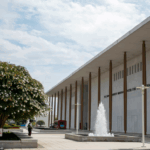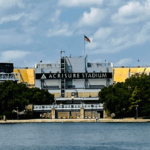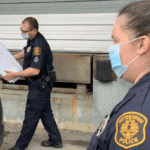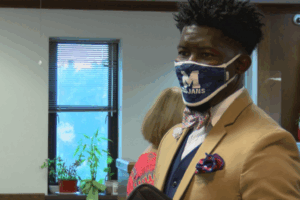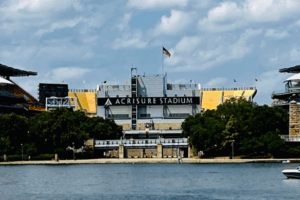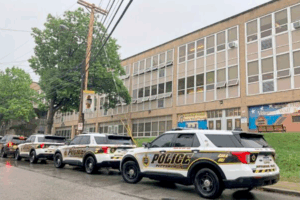Decades after the industry that once powered the region began to decline, the news that a Japanese company was buying the iconic U.S. Steel Corporation sent a jolt through the region. All one has to do is look up in Pittsburgh to see the legacy of U.S. Steel: the former U.S. Steel building remains Pittsburgh’s tallest skyscraper, although the letters UPMC now adorn its facade.
Nippon Steel’s pledge to invest in U.S. Steel and its 4,000 employees in Western Pennsylvania as part of its nearly $15 billion offer initially sent shares soaring when it was made public last December.
However, this failed to dissuade three powerful political forces from quickly coming out against the deal: the United Steelworkers union, Pennsylvania Sen. John Fetterman, and former President Donald Trump. Trump announced his opposition to the deal in January and pledged he would “absolutely” and “instantaneously” block the deal on national security grounds.
Nippon Steel’s plan to buy U.S. Steel for nearly $15 billion appeared on the surface to align with the Biden administration’s trade policy known as friendshoring or ensuring that supply chains are centered on American allies instead of relying on rival powers like China. However, the gravitational pull of swing state politics in an election year demonstrates that friendshoring has its limits.
Soon after the deal was announced, Biden moved to have the planned purchase investigated on national security grounds. In an unusual move, Biden weighed in on the merits of the sale while demanding it be subjected to “serious scrutiny.”
On Sept. 4, Biden went a step further and began to move to block the deal altogether. U.S. Steel shares plummeted by nearly 20 percent after news of Biden’s likely decision to block the deal became public.
Despite serving in Biden’s administration and claiming to be the “last voice in the room” before the President makes major decisions, Harris only announced her opposition to the Nippon Steel deal in a joint appearance with Biden on Monday Sept. 3 in Pennsylvania, nearly nine full months after Trump denounced the deal.
U.S. Steel CEO David Burrit said the deal’s failure and the loss of Nippon Steel’s pledge $3 billion investment into modernizing older steel mills would now force the company to shut down steel mills and lay off those employees.
Some Western Pennsylvanians expressed dismay that leading politicians of both parties were lining up against the deal. West Mifflin Mayor Chris Kelly, a Democrat from a town outside Pittsburgh that’s home to a U.S. Steel plant, initially opposed the deal before coming around to support Nippon Steel’s plan to invest in the steel town he governs. “I believe everybody’s being played as a pawn,” Kelly told NBC News. “How could this be the only thing in the whole political race that they agree on?” Merits of the deal aside, what both candidates can certainly agree on is the substantial chance the presidential election comes down to a few thousand votes in Western Pennsylvania.
Should the Nippon Steel deal collapse, U.S.-based steelmaker Cleveland-Cliffs has expressed interest in buying out its competitor. The company’s previous $54 per-share bid (compared to Nippon Steel’s $55 per-share price) was supported by United Steelworkers.


